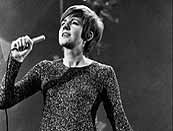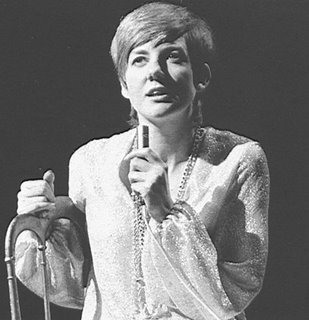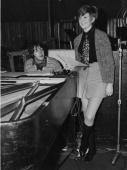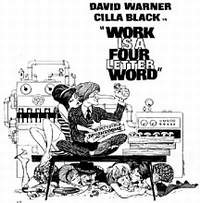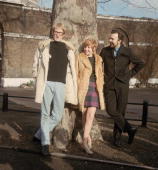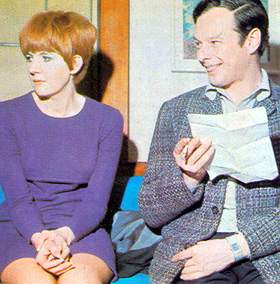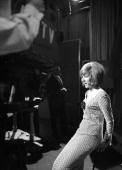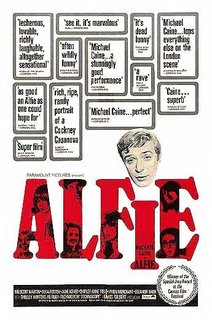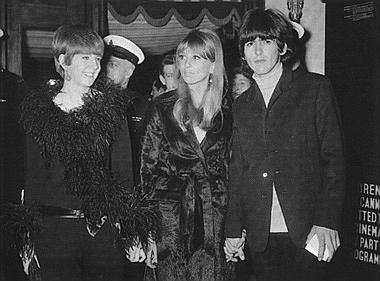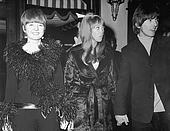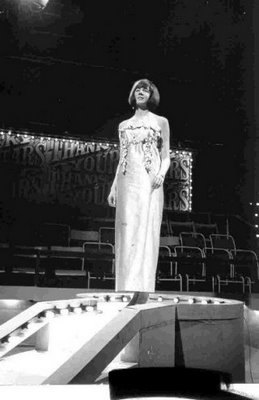 One day when Rory Storm was playing at the Cavern he handed the microphone to Cilla. "He asked me, for giggles, to get up on the stage and sing with them. They thought: 'Oh, Cilla's a bit of a case -- she'll do anything for a laugh.' And probably the lead singer wanted to have a rest anyway." So Cilla got up on the stage and took up the lyric of "Fever" where Rory Storm left off, belting it out in her strong voice. Then they made her sing "Always" and some R-&-B numbers.
One day when Rory Storm was playing at the Cavern he handed the microphone to Cilla. "He asked me, for giggles, to get up on the stage and sing with them. They thought: 'Oh, Cilla's a bit of a case -- she'll do anything for a laugh.' And probably the lead singer wanted to have a rest anyway." So Cilla got up on the stage and took up the lyric of "Fever" where Rory Storm left off, belting it out in her strong voice. Then they made her sing "Always" and some R-&-B numbers.
Word of Cilla's performance quickly spread among the Liverpool groups, because at that time there were no girl singers in the city, so she was a novelty. In the weeks following, every time she went to a club she would be pointed out by somebody and would be made to get up and sing. Soon a group called the Big Three suggested that, instead of Cilla's singing with everybody and not earning anything, she should sing with them only, and for pay. Shortly after this, an advertisement appeared in the local newspapers: "Come and see Swinging Priscilla at the Zodiac tonight."
"I've always been called Cilla," she says, "so it never occurred to me that the Priscilla in the advertisement might be me. After work, I couldn't wait to wash my face and put new makeup on to go down to the Zodiac and see who this 'Swinging Priscilla' was. When I got to the door -- it was marvellous. These clubs, because you'd go down to the cellar and it'd have a little trap, sort of an eye, like a cat door only about five feet up the door, and you'd knock three times and a piece of wood would slide back and they'd say, 'Who is it? -- and that night I said, 'It's me.' And they said, 'Oh, good. Glad you came tonight because we couldn't think how to get hold of you, and you're on in a half hour!' And I said, 'On?' I beg your pardon!' And they said, 'You're singing with the Big Three.' And I said, 'Oh no, I'm not!' They blackmailed me, actually. They said if I didn't sing with the Big Three I would be barred from the Zodiac. And to be barred from this particular club, which was at the height of its popularity, was the worst thing that could ever happen to me. Without this club there was no other place to go, because although the other clubs were still going they weren't 'in' at the time; the Zodiac was the 'in' club of the moment. So I just had to do it."
(Caroline Silver, published in December 1966 by Scholastic Magazines, Inc.)




